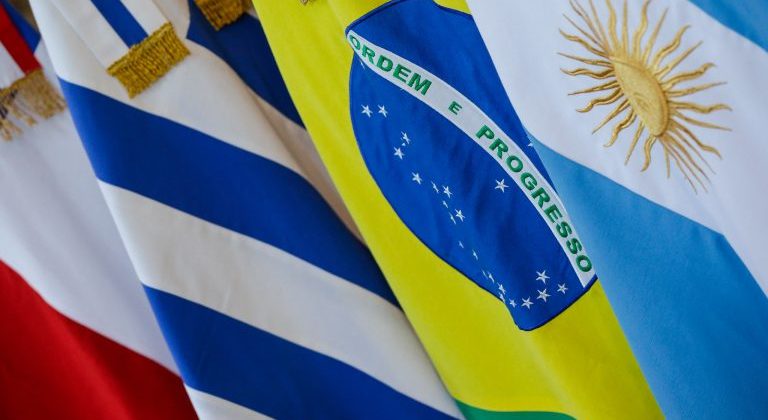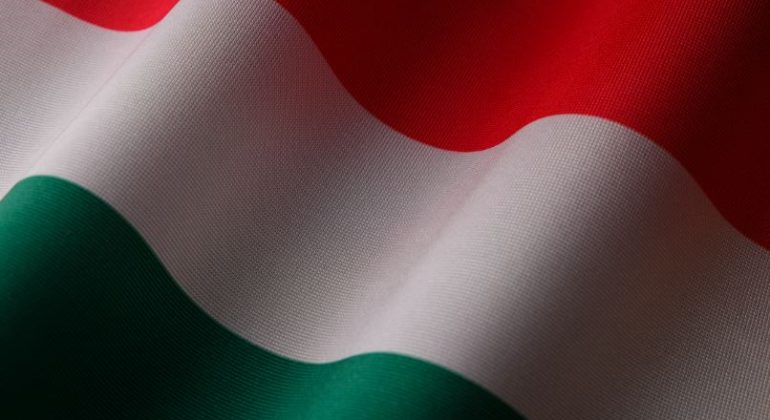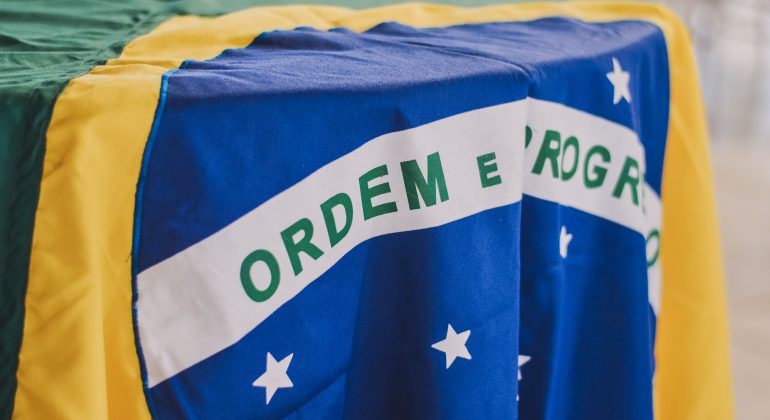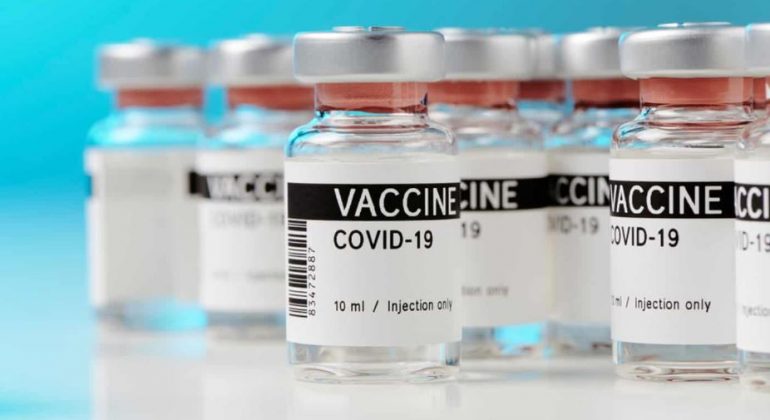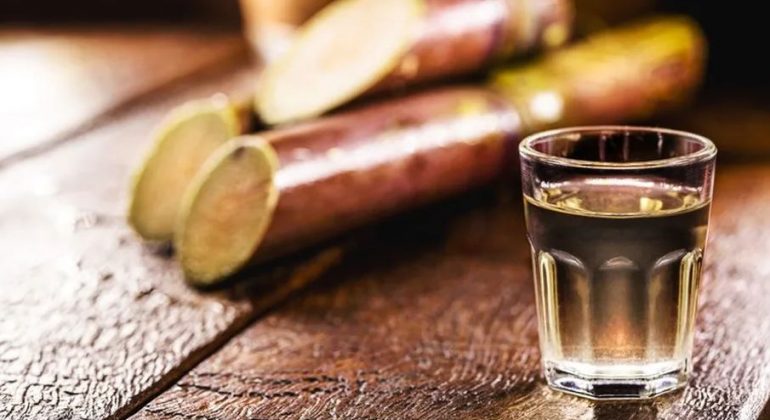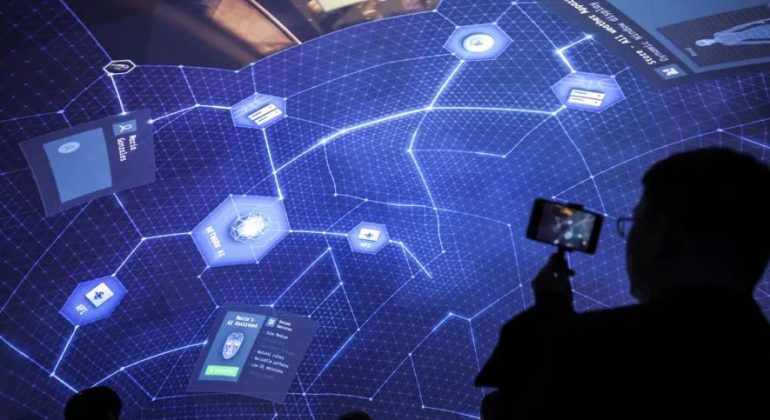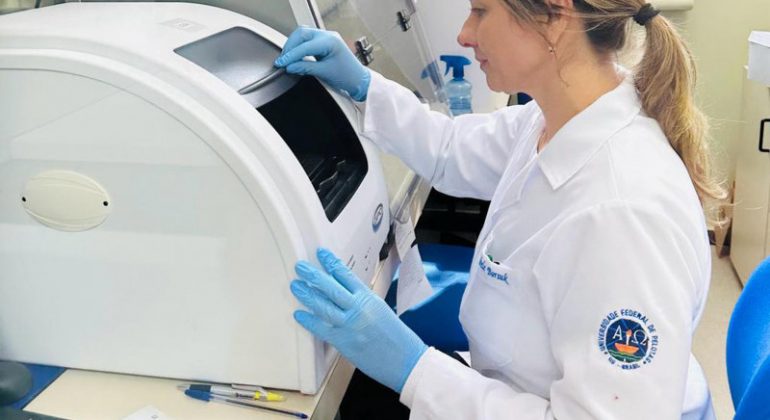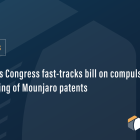Clique aqui para ler em português.
Brazil is one step away from becoming a signatory to the Budapest Treaty, which could represent a step forward for the country, which seeks to position itself strategically in the socio-bioeconomy segment.
This essay highlights the Treaty approval process, its importance, and the involvement of the Brazilian Network of Biological Resource Centers.
One of the conditions for granting a patent is the complete description of the invention in the application specification to enable a person skilled in the art to reproduce the invention.
In the case of biotechnological inventions, the biological material that is essential for the invention must be deposited in an international depositary authority (IDA); this material is understood as a necessary informational supplement to the descriptive report of the patent application (Art. 24 § 1 of LPI 9,279/96). These institutions must ensure the reception and conservation of microorganisms and the sending of samples.
The Budapest Treaty’s Significance
The Budapest Treaty, created in 1977 within the scope of the World Intellectual Property Organization – WIPO, establishes the recognition of the deposit of microorganisms for patent purposes in any IDA located only in countries that sign the treaty. It has been in force since 1977 and currently has 89 signatory countries.
Composed of 20 articles, the Budapest Treaty sets out the rules for the deposit of microorganisms to apply for and grant a patent, in which all signatory countries are obliged to recognize the microorganisms deposited as part of the patent-obtaining procedure.
A single deposit in an IDA is valid for all signatory countries to the Treaty, regardless of this IDA being located inside or outside the territory where the patent application is being filed. The Treaty also defines the characteristics of these institutions (IDAs) and the criteria for acquiring this status with WIPO, in addition to guaranteeing access to biological material deposited with IDAs by any interested parties once the confidentiality period of the patent application has ended.
Brazil’s Role in the Treaty
At the same time, this discussion was taken to the scope of the project for the establishment of the Brazilian Network of Biological Resource Centers – Rede CRB-Br, in which BPTO participated together with Fiocruz, Embrapa, Unicamp, Banco de Células do Rio de January -BCRJ, Inmetro, Environmental Information Reference Center (CRIA), Brazilian Society of Microbiology – SBM and TecPar (which was later replaced by Bioqualis), with the support from MCTI. In this context, the construction project of the Brazilian Center for Biological Material (CBMB) emerged, one of whose objectives was to receive biological material for patent purposes, and which construction began through a partnership between BPTO and Inmetro on the Inmetro campus in Xerém.
Policy Developments
In parallel, in 2007, the National Policy for the Development of Biotechnology – PDB, established by decree 6,041, proposed as some of its actions the structuring of Biological Resource Centers – CRBs, operating as collections of service-providing cultures, which fully serve national and international safety and traceability requirements and that are accredited as certifying authorities for biological material; the implementation of a Depository Center for natural material for patent purposes; and the creation of an evaluation system and inter-ministerial structure capable of articulating and managing the compliance of biological material with the adoption of international standards, which make it possible to strengthen and improve the training of CRBs to operate in a national integrated network. Therefore, the PDB reinforced the importance of establishing the CBMB and the Brazilian Network of CRBs.
In 2009, the preparation of the project for the construction of the CBMB began, which would be designed to meet all the requirements that would enable it to be accredited as an IDA. However, the project was discontinued at the end of 2014 due to technical and administrative issues.
Despite this, in 2016, ordinance 130 of the MCTI that establishes and regulates the Brazilian Network of Biological Resource Centers – Rede CRB-Br within the scope of the MCTI, defined in Art. 2, item V, as one of the objectives of the Network CRB- Br, provide biological material deposit services for the protection of intellectual property.
Accreditation and the Budapest Treaty
Thus, considering the relevance and urgency for the country of a structure for the deposit of biological material for patent purposes, the need arose to redefine a proposal for compliance with the Biotechnology Development Policy Guidelines established by Decree 6,041 of 2007 and Ordinance 130 of 2016, of MCTI3. This redefinition considered a change of understanding regarding the need for the depository center to be linked to the INPI, given the observation that the cultural collections in the United States and Europe that act as IDA are not related to the respective patent offices.
However, it is essential to emphasize that depositing patent material must remain dissociated from other cultural collection activities, guaranteeing the deposit process’s impartiality.
Thus, the scenario was reestablished for national institutions, such as Fiocruz, Embrapa, Unicamp, and BCRJ, among others equally qualified, to request, via the Ministry of Foreign Affairs (MRE), accreditation with WIPO to act as IDAs. However, this accreditation depends on Brazil’s adherence to the Budapest Treaty.
Currently, BPTO accepts the deposit of biological material for patent purposes only in IDAs, so Brazil’s adherence to the Treaty, in addition to not resulting in any changes to procedures already adopted by INPI, will bring benefits to different groups such as depositors of Brazilian patents, which will be able to deposit biological material in an IDA located in the national territory when this is recognized by WIPO (with reduced costs and bureaucracy); qualified national institutions, which may be identified as IDA and may obtain new sources of revenue from the deposit of biological material, not only deposits of natural material from nationals but also from other countries, mainly Latin American governments, which have only one tiny IDA in Chile; and the scientific community, companies in the biotechnology sector, and Brazilian society in general, a since the material deposited in IDAs becomes public for scientific research, technological development, and innovation, it will be more readily accessible as it is in the national territory.
Towards a Stronger Network
This action is also aligned with efforts to structure the Brazilian Network of Biological Resource Centers, currently called Biobanks (according to the definition in ISO 20.387:18, which brings general requirements for biobank activities), which has as One of its objectives is the establishment of depository institutions for biological material in Brazil to protect intellectual property.
In recent years, it has been demonstrated, therefore, that Brazil’s non-participation in the Budapest Treaty results in increased costs and more incredible difficulty in the process of claiming patent protection for inventors and applicants who wish to file in multiple countries an application for an invention whose existence is a microorganism as an innovative technological element is present.
Thus, once only arguments favorable to Brazil’s accession to the Budapest Treaty were listed, it was considered reasonable to consider the existence of IDAs in Brazilian territory as instruments of legal security and logistical facilitation for inventors and depositors.
Legislative Decree and Pending Consideration
Given this scenario, through a request made by the Executive Branch, it was prepared and submitted for consideration by the members of the National Congress by the provisions of art. 49, item I, combined with art. 84, item VIII of the Federal Constitution, the Legislative Decree Project 466/22, whose proposal analyzes the relevance of the country’s accession to the Budapest Treaty. The PDL 466/22 is currently pending processing in only one permanent committee of the Chamber of Deputies, the Constitution, Justice, and Citizenship Committee – CCJC is still subject to consideration in the house’s plenary.
Conclusion
The imminent signing of the Treaty, therefore, benefits development and innovation in the area of biotechnology by allowing cost reduction and simplification of procedures for users of the patent system in Brazil, as well as the strengthening of microbial Biobanks and cell cultures that may be accredited as IDA and organized in a new Brazilian network, which will be able to provide another essential service, the deposit of biological materials related to patent applications.
Source: Migalhas



